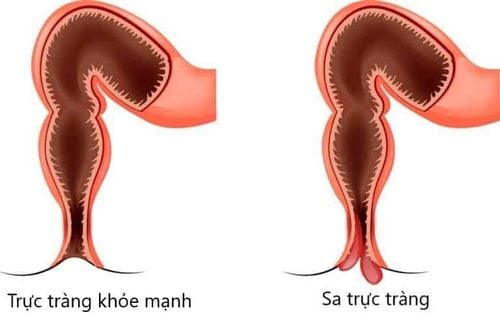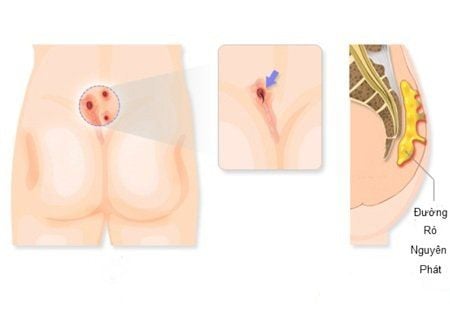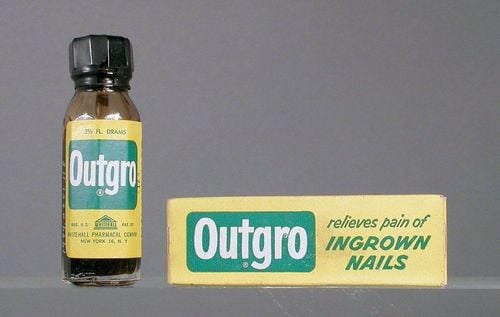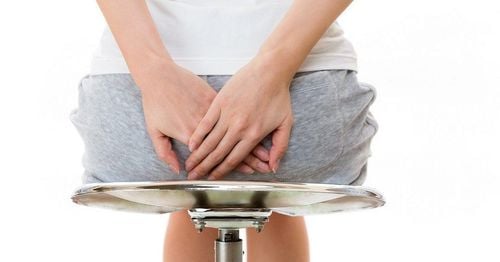This is an automatically translated article.
The article is professionally consulted by Master, Doctor Nguyen Thai Binh - Gastroenterologist - Department of General Surgery - Vinmec Ha Long International General Hospital. The doctor has more than 20 years of experience working in the specialty of abdominal surgery.All surgeries are extremely stressful for you and can take a huge toll on your body after surgery. Constipation - a side effect that is often unpredictable and can make the healing process more difficult.
1. Causes of constipation after surgery
Causes of constipation after surgery, including:Side effects of medications: The anesthetic you received before surgery and some medications you were prescribed afterward (including pain relievers, diuretics) and muscle relaxants ) can be a cause of constipation. Diet: Your doctor may tell you not to eat or drink for a few hours before surgery, or may put you on a restrictive diet after surgery, especially a low-carb diet. Not enough fiber in the diet. The combination of too little fluid and food can affect your bowel movements, making you more likely to become constipated. Don't exercise: If you're in a hospital bed or can't exercise for a long time as you recover, lack of exercise can slow digestion and make bowel movements difficult. should be more difficult. Inactivity or inactivity is a major cause of constipation. A factor that triggers inflammation, such as an injury or infection, also makes you constipated.
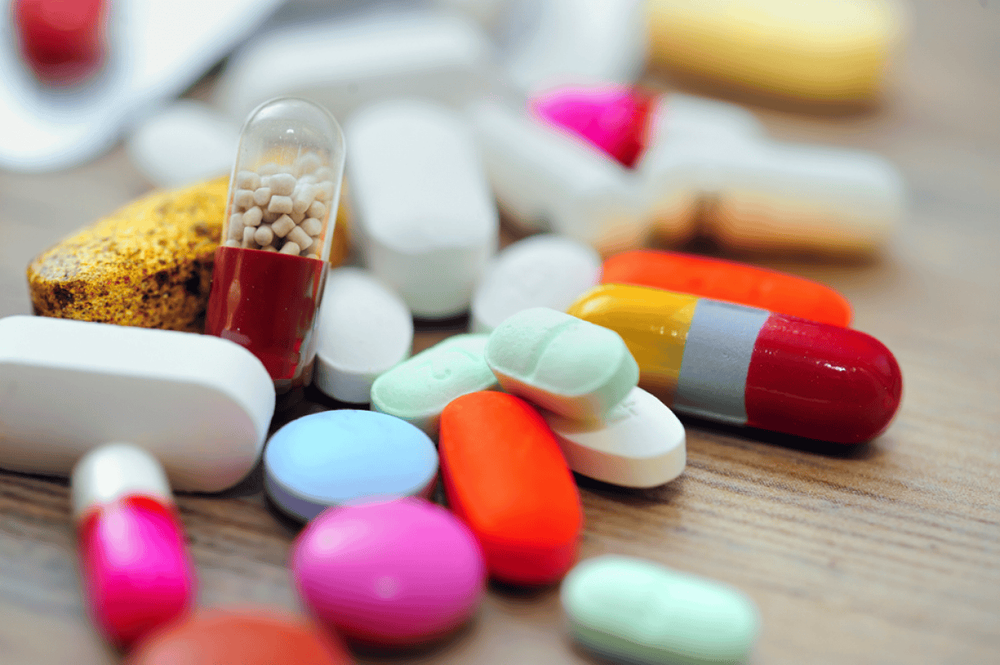
2. Signs of Constipation
Common signs in people with constipation, such as:Passing stools less than 3 times per week You feel strained to go to the toilet Feeling of bloating Abdominal or rectal pain Hard stools After defecation , there is a feeling of incomplete emptiness.
3. Measures to handle constipation after surgery
Lifestyle and dietary changes can help prevent constipation after surgery or, at the very least, reduce the duration of constipation.
Postoperative pain relievers slow down your bowel movements, so try to limit their use. Studies show that nearly 40% of people who take pain relievers experience constipation. If you can tolerate the pain and if approved by your doctor, choose ibuprofen (Advil) or acetaminophen (Tylenol).
Besides, you need:
Drink plenty of water: Dehydration makes constipation more likely. Water helps break down food in your stomach, aiding digestion. Research shows that drinking at least four glasses of water a day can help prevent constipation. Avoid caffeine: Caffeine makes you dehydrated, which can make constipation worse. So, you should stop drinking caffeinated coffee, tea and soda (plus chocolate) to avoid constipation. Add more fiber: It helps you prevent constipation. Most adults should get between 22 and 34 grams of fiber per day. Foods like bran, beans, apples, pears, plums, squash, sweet potatoes, spinach and green vegetables are very good sources of fiber. If you don't have much appetite after surgery, try a smoothie made with fruits and vegetables. Be active: with your doctor's approval, you should get up and move around as much as possible. Even a short walk down the hospital corridor will help relieve your constipation. Exercise helps move digested food through the intestines, reducing constipation Consider taking medication: Your doctor prescribes you certain medications to soften stools, or laxatives, to help move stools. along the intestinal tract.

If you have severe constipation, you may need to use stimulant laxatives, suppositories or enemas to induce a bowel movement.
A high-fiber diet can help you avoid constipation before surgery. At the same time, it can also help you avoid constipation after surgery.
You should drink a lot of water, can also use prune or prune juice in the diet after surgery.
Avoid foods that cause constipation, such as:
Dairy products Bananas White bread or rice Processed foods The way to prevent constipation or relieve it after surgery is to be proactive about preventing it. this status.
Talk to your doctor to come up with a pre- and post-operative diet and treatment plan. The body needs enough water. Choosing fiber-rich foods or a laxative before surgery helps get you ready during your recovery.

Anal fissures Hemorrhoids Rectal Prolapse If any of these signs appear, Usually, you should immediately notify your doctor for timely treatment to avoid dangerous complications.
Vinmec International General Hospital is one of the hospitals that not only ensures professional quality with a team of doctors, modern equipment and technology, but also stands out for its examination, consulting and service services. comprehensive and professional medical treatment; civilized, polite, safe and sterile medical examination and treatment space.
Please dial HOTLINE for more information or register for an appointment HERE. Download MyVinmec app to make appointments faster and to manage your bookings easily.
Articles refer to sources: healthline.com, webmd.com




